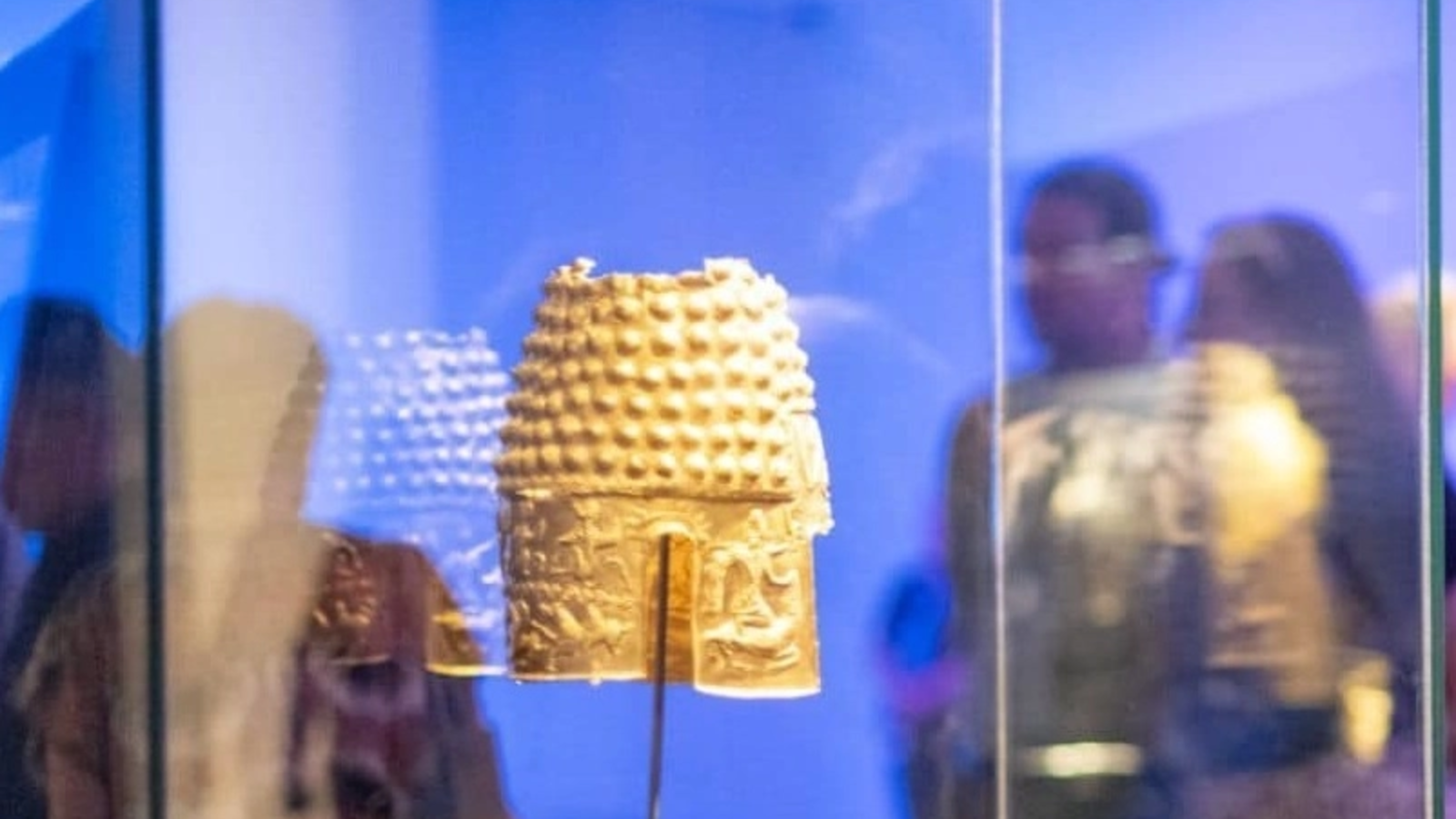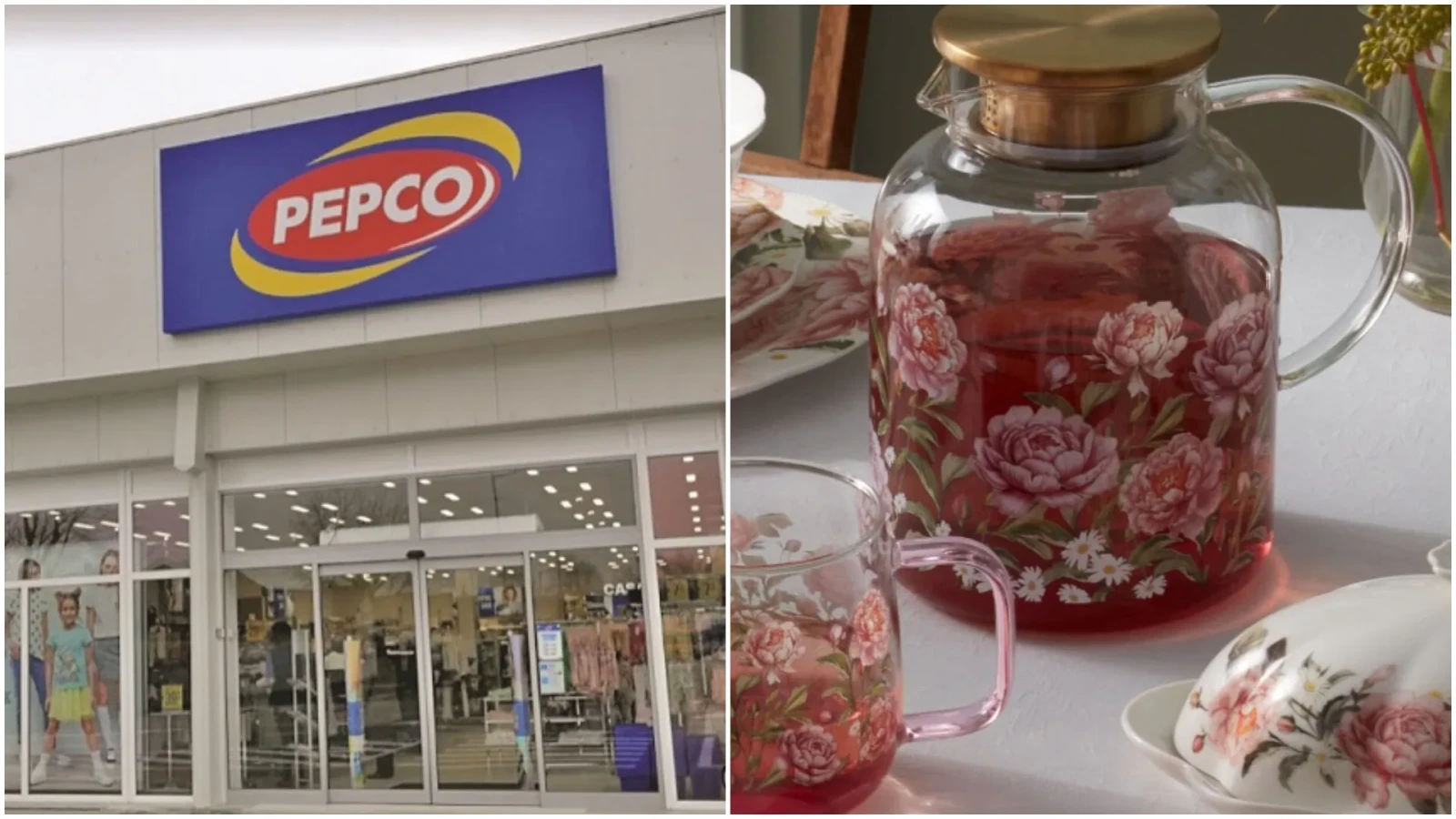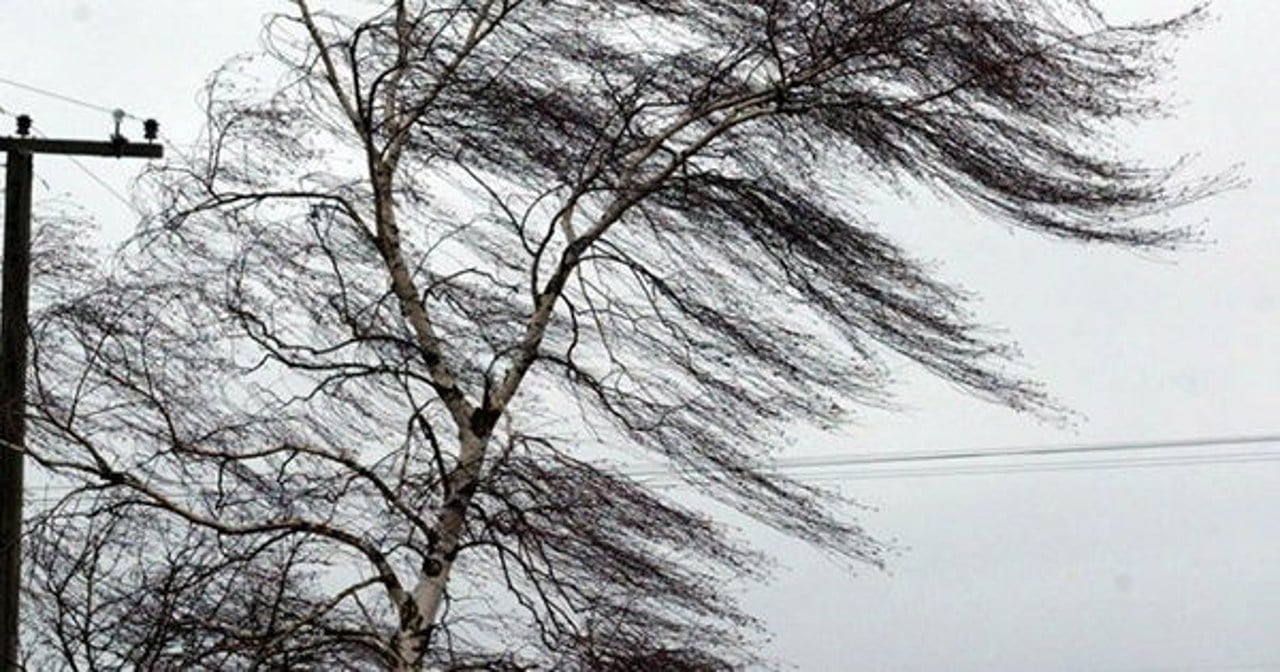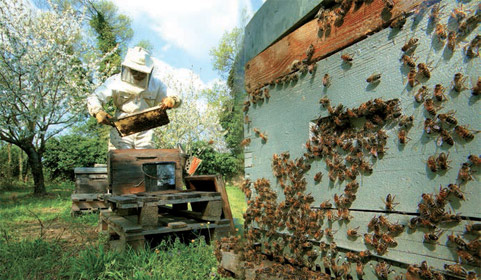An inquiry carried out by the Prime Minister's Control Body into the terms under which Dacian treasure artifacts were loaned for an exhibition at the Drents Museum in Assen - the Netherlands found "deficiencies or legislative gaps" as regards the protection of the cultural heritage, as well as "deviations" from the legal framework regulating the temporary export of classified movable cultural goods.
According to the summary released by the government on Thursday, the control inquiry looked at the steps taken by the Ministry of Culture and the National Museum of Romanian History (MNIR) referenced against the regulatory framework for the temporary export of classified movable cultural goods for exhibitions abroad, revealing, on the one hand, deficiencies or legislative gaps in terms of cultural heritage protection, and, on the other hand, deviations from law.
The control body found that "the security and anti-burglary measures and conditions proposed by the foreign entities the artifacts were lent to were not the subject of a specialist examination", a factual situation caused on the one hand, by the lack of dedicated norms, by the failure to establish specific responsibilities within the organizational structures and entities involved in the approval of the temporary export, as well as by the failure to request guidance/consultancy from competent authorities, public institutions or to purchase professional services from private individual experts authorized in the field of protection and security of valuables," the document explains.
The analysis of the security measures accepted by the MNIR representatives for the organization of the temporary exhibition at the Drents Museum, in comparison with those set in place for similar exhibitions in Madrid and Rome, revealed that they were "less rigorous, at least in terms of ensuring 24/7 security with specialized personnel," the Control Body experts emphasized.
"Thus, in the case of the exhibition in the Netherlands, the surveillance was performed through a 24/7 functional control center, and security personnel were only available for communication in case of emergency. In the case of the Madrid and Rome exhibitions, security inside and/or outside the facility was ensured 24/7 with specialized security personnel," reveals the document.
Also, the steps taken by MNIR to conclude an agreement on the organization of the exhibition in the Netherlands were not subject to the examination and formal approval of the museum's Board of Directors.
"This conduct was a deviation from the norms regulating the organization and functioning of the MNIR approved by order of the minister," the document notes.
Irregularities were also found regarding the requirement to secure an opinion from the National Commission on Museums and Collections, as per the enforcement norm regulating the temporary export of movable cultural goods, a norm approved by Government Resolution.
Thus, it was found that steps to obtain the in-principle approval were initiated by speeding up the timetable, specifically that provided for in Article 7 Para. (1) and in Article 8 para. (1) of the Norm approved by Government Resolution No. 518/2004.
The inclusion of MNIR's request on the agenda of the May 14, 2024 meeting of the National Commission on Museums and Collections was "in violation of the deadline provided for in Article 20 para. (4) of the Regulation on the Commission's organization and functioning, approved by Order of the Minister of Culture No. 3515/2023, the Control Body also found.
The examination for approval carried out by the National Commission on Museums and Collections "failed to reveal the significant difference between the information communicated by the MNIR regarding the number of cultural items (approximately 350, as in the letter of intent signed by the two partners, and 673 objects provided for in the List of items proposed for temporary export)."
"The Loan contract No. 2987/14.05.2024 between the MNIR and the museum in the Netherlands was concluded prior to the communication by the representatives of the Ministry of Culture of the opinion in principle. (...) Both the Loan Agreement No. 2987/14.05.2024 and the Insurance Certificate No. T0197450008-001 were not subject to approval of the Legal and Litigation Service of the Culture Ministry, nor were any steps taken by the MNIR representatives to submit them for approval identified, which is in breach of the provisions of Article 8 para. (2) of the Norm approved by Government Resolution No. 518/2004, with subsequent amendments and additions."
It also emerged that for some of the items exhibited in the Netherlands, the latest revaluation was carried out more than 14 years ago, although, according to the applicable norms, this operation should have been carried out at intervals of 10 years.
According to the synthesis of the Control Body's report, the loan contract was not concluded in the authentic form expressly required by the provisions of Article 8 para. (1) letter (a) of the Norm approved by Government Resolution No. 518/2004, a factual situation arising from a derogation approved on behalf of the minister by the Secretary General of the Ministry of Culture, in violation of Art. 63 of Law No. 24/2000.
The result of the inquiry was communicated to the Prosecutor's Office attached to the High Court of Cassation and Justice, the government informed.
































Comentează